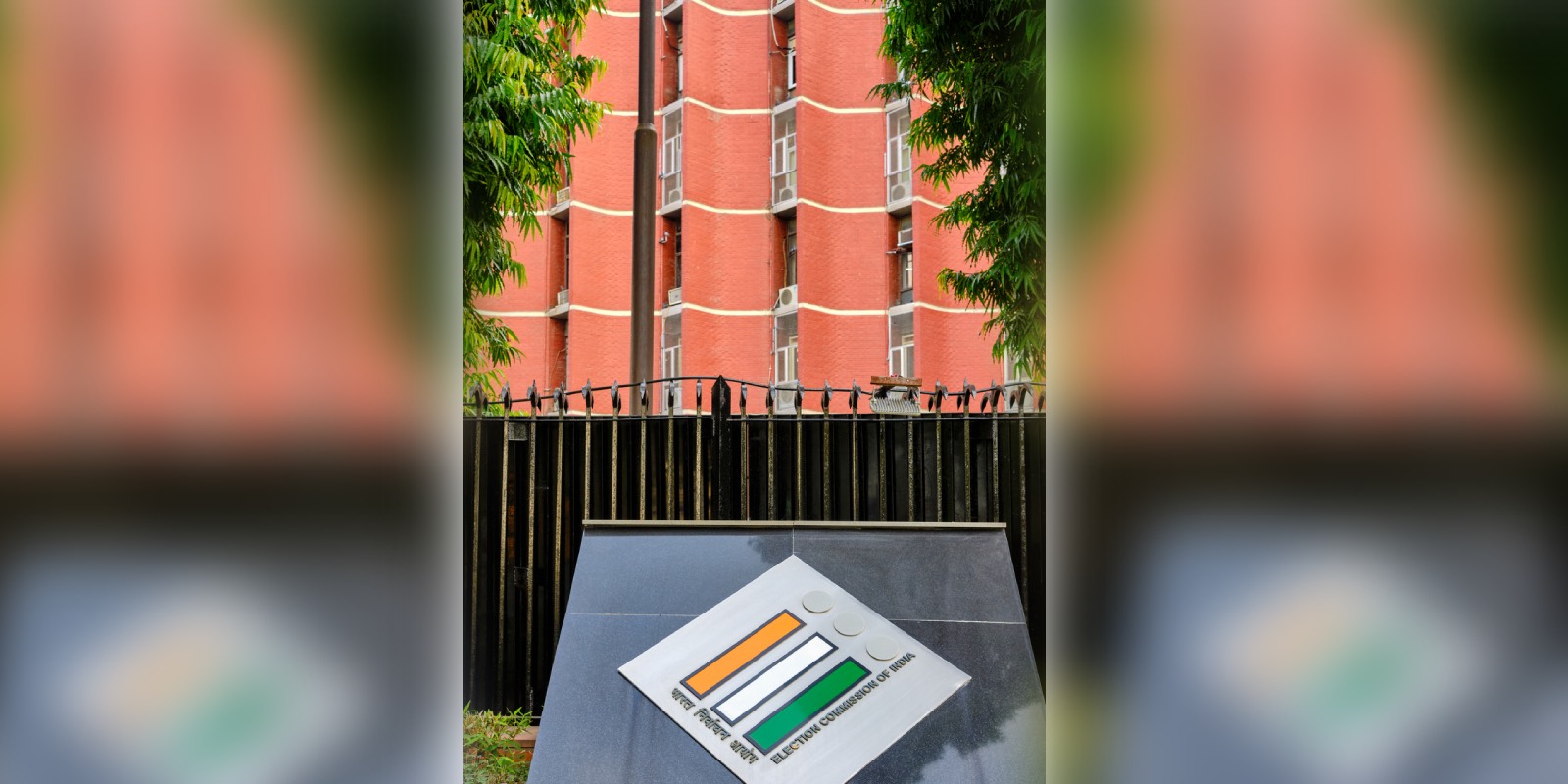The plea is that such an important Selection Committee should be seen to be a neutral and independent body.

Election Commission of India. (iStock)
A controversial law on the appointment of the Chief Election Commissioner (CEC) and Election Commissioners that Parliament passed last month with barely a debate stands challenged in a PIL in the Supreme Court on Monday, 2 January.
The PIL, filed by Advocate Gopal Singh, wants the Chief Justice of India to be part of the Selection Committee. Under the new law, the prime minister, the Leader of the Opposition in the Lok Sabha, and a Union Cabinet minister that the prime minister nominates are the members.
The plea contends that the Selection Committee weighs in favour of the government, questioning the independence of the committee to appoint new CECs and ECs. That can, in turn, question the credibility of the Election Commission India (ECI) itself, the plea argues.
The crux of the PIL’s argument is: “The pivotal legal question placed for the court’s consideration in the present writ petition revolves around the constitutional inquiry of whether the Parliament or any legislative assembly possesses the authority to promulgate a gazette notification or ordinance to nullify or amend a judgment previously rendered by this Court, particularly when the judgment emanates from a Constitution Bench.”
The Lok Sabha passed the Chief Election Commissioner and other Election Commissioners (Appointment, Conditions of Service and Term of Office) Bill, 2023, after a brief debate. The Rajya Sabha also passed it.
The Bill provides for the appointment, qualifications, search committee, Selection Committee, term of office, salary, resignation and removal, leave, and pension of the Chief Election Commissioner and other election commissioners.
The President gave assent to the Bill on 28 December.
The government stated it brought the Bill following a judgement of the Supreme Court.
It was referring to the 2 March, 2023, order directing that the President shall make the appointment of CEC and ECs based on the advice tendered by a committee comprising the pime minister, the Leader of Opposition in the Lok Sabha or the leader of the largest opposition party in the House, and the Chief Justice of India.
The government was asked to clarify why the Chief Justice was replaced on the committee by a Union Cabinet minister selected by the prime minister.
Law Minister Arjun Ram Meghwal gave a standard explanation about the independence of the executive. He said, “I have brought this Bill as this was an important task for the executive. The architects of our constitution also enshrined the separation of powers in Article 50, in which it was stated that the executive will do the executive’s work, the judiciary will do the judiciary’s work, and the legislature will do the legislature’s work.”
The debate on the Bill lasted barely two hours. A dozen MPs from the BJP and friendly parties spoke. The lone dissenting voice was of Asaduddin Owaisi, the AIMIM MP from Hyderabad.
Owaisi opposed the Bill, saying, “If voters start feeling that the [ECI] is not an impartial and non-partisan body, the legitimacy of our democracy comes into question.”
He questioned the Bill’s credibility. “This Bill is being brought in to create an Election Commission which will work in the shadow of the prime minister, Shri Modi.”
When the Bill came for passage in the Lok Sabha, 97 Opposition members were under suspension.

May 30, 2024

May 30, 2024

May 30, 2024

May 17, 2024

Apr 29, 2024

Apr 26, 2024